Timber is environmentally friendly, but only if its origin is known, especially if it is about an exotic species, which can come from exploited forests in a nondurable way, even illegal.
To protect the planet’s forests and the biodiversity, prefer eco certifications such as PEFC, FSC and TFT.
Raw wood for heating, construction wood, flooring, decking, furniture, wood, and even paper, decorations: the purchase of all these products is not trivial, and to buy responsible, be sure to well read the labels.
Development of certified wood-based products is an environmental necessity. Some figures:
- In the 90’s, world trade of forest products increased by 50%
- 10 million hectares of forest disappeared during this same decade, especially in tropical area.
- 40% of timber imports in France reportedly comes from illegal logging, according to WWF.
- 65% of the worldwide timber production comes from illegal logging, according to World Resources Institute…
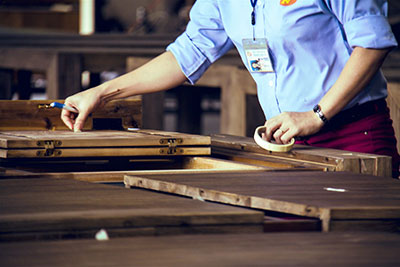
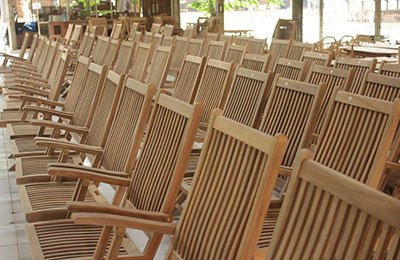
And in parallel, on the consumer side, new more environmentally friendly shopping trends are emerging. Thus, according to the specialized research institute Ethicity, more than 45% of the wood consumers in the furniture sector, and nearly 43% of flooring purchasers, say they are expecting more “responsible” products.
There are dozens of certifications related to the timber industry in the world. In France and in many European countries, there are two references: PEFC and FSC. Both certifications are recognized by the wood professionals, and products that benefit from it are increasingly numerous.
These 2 certifications are based on the principles of sustainable forests management:
- Soil protection, respect of biodiversity (flora and fauna) and ecosystems balance (limiting clear-cuts and pesticides, proper management of water resources…).
- Maintenance of forest productivity and its economic viability (replantation’s compensating cuts, for example).
- Respect of the rights of indigenous populations to property, use and management of land resources.
- Social and economic welfare of forest workers…
For a wood or a derived product (paper) to hold a certification, it is necessary not only that the forest from which it comes is certified (this certification is voluntary and is initiated by forest owners), but also that each stakeholder of the production and distribution chain is controlled and certified.
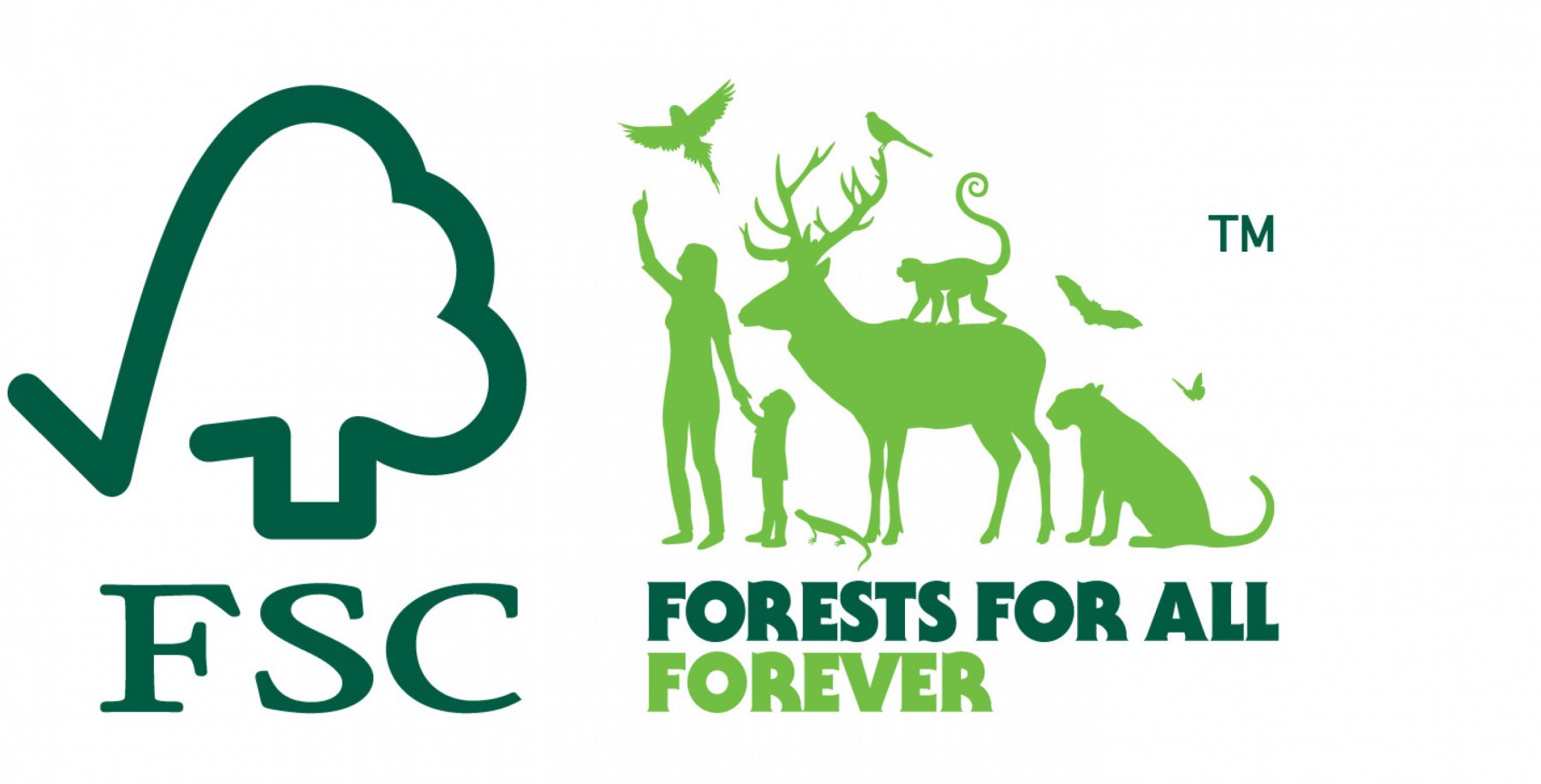
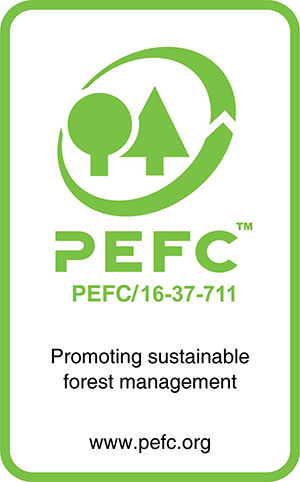
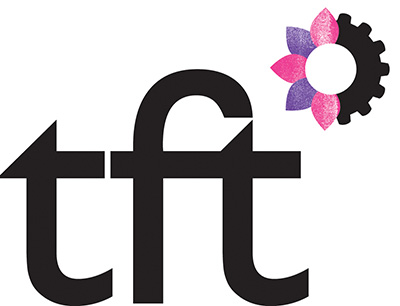
FSC CERTIFICATION
FSC (Forest Stewardship Council) is a non-governmental, non-profit and independent organization. Established in 1993, following the Earth Summit in Rio in 1992 that defined what “sustainable forest management” is, the FSC certification involves 117 million hectares of forest around the world (82 countries), meaning 5% of the logged forests. These are also 15,000 companies that are certified. FSC is supported by several other ONG, like WWF and Greenpeace.
PEFC CERTIFICATION
PEFC (Program of the Endorsement of Forest Certification schemes) was established in 1999 and initiated by European forest owners. This certification involves 180 million hectares of forest in about thirty countries around the world (about 6% of exploited forest areas in the world), including 5 million in France. 1812 French companies implement this standard.
FSC mainly concerns the exotic wood, such as teak, mahogany, ebony, rose wood, azobé, bangkiraï, merbau or moabi, from forests and plantations from Indonesia, Africa, Vietnam, Brazil… PEFC applies mainly to woods (and derived products) from Europe (1/3 of certified areas) and from North America (half of the area).
TROPICAL FOREST TRUST
The Tropical Forest Trust for its part is a non-governmental organization whose purpose is to assist companies wishing to buy FSC wood to get it. Indeed, while the demand for FSC certified wood is growing, the supply is struggling to follow.
TFT covers tropical timber. TFT member companies are committed to source wood from sustainably managed forests, TFT forest projects (with traceability control) or FSC forests. This organization aims to fight against the illegal logging. The TFT certification attests from a process of the owner to get a certification.
TFT is partly funded by companies wishing to source FSC wood. When a distributor joins the TFT, it commits to buy increasing volumes of FSC certified wood.
TFT’s main asset is the quality of management of the forest projects it follows: a team of skilled foresters is made available and operates on a required time to obtain a FSC certificate. This time depends on the project but, in general, it takes 3 to 5 years to reach a quality management of a forest standard following FSC level of requirements. However, nothing guarantees that the company gets one day FSC certification. TFT also works with distributors to assist them to guarantee the traceability of wood they market.
Since controls are carried out by employees of TFT and not by independent auditors, the TFT logo is not a certification but a private logo guaranteeing a control. Distributors offering products with the TFT can communicate on the legality (no illegal timber in the product) but not on the sustainability of forest management to avoid confusion with FSC certification.
TFT works with large industrial concessions (like CIB in the north of the Republic of Congo) as well as with communities (as in Sulawesi in Indonesia): therefore the TFT logo does not make it possible to distinguish if the wood comes from a Community forest or a concession.
Thus FSC certification is currently the only guarantee of a sustainable forest management for humans and environment.

